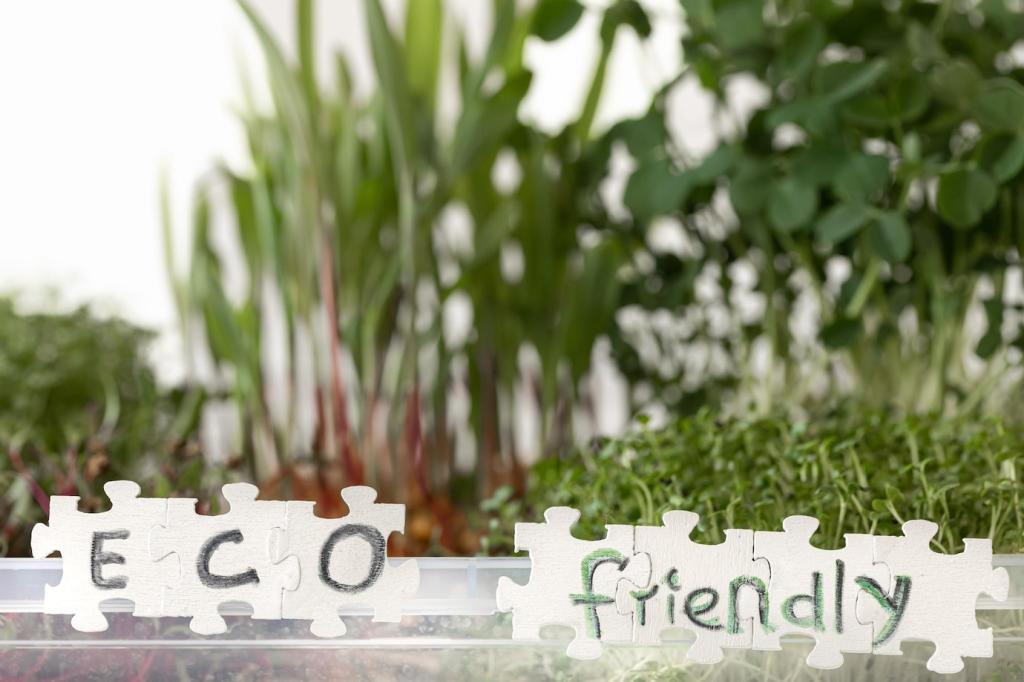Care with Truth and Tone
Cite primary sources, link to accessible summaries, and date your claims. If uncertain, say so. Corrections build trust. Invite readers to flag updates kindly, and we will revise transparently with notes in future posts.
Care with Truth and Tone
Honesty without paralysis: pair each risk with an achievable step and a proof-of-concept success. People move when they believe their effort matters. Offer pathways, not just problems, and keep the door open to participation.
Care with Truth and Tone
Honor indigenous knowledge, neighborhood history, and frontline experiences. Seek permission before sharing stories. Use person-first language. Translate key posts when possible, and invite community voices to co-author guides with fair credit.









